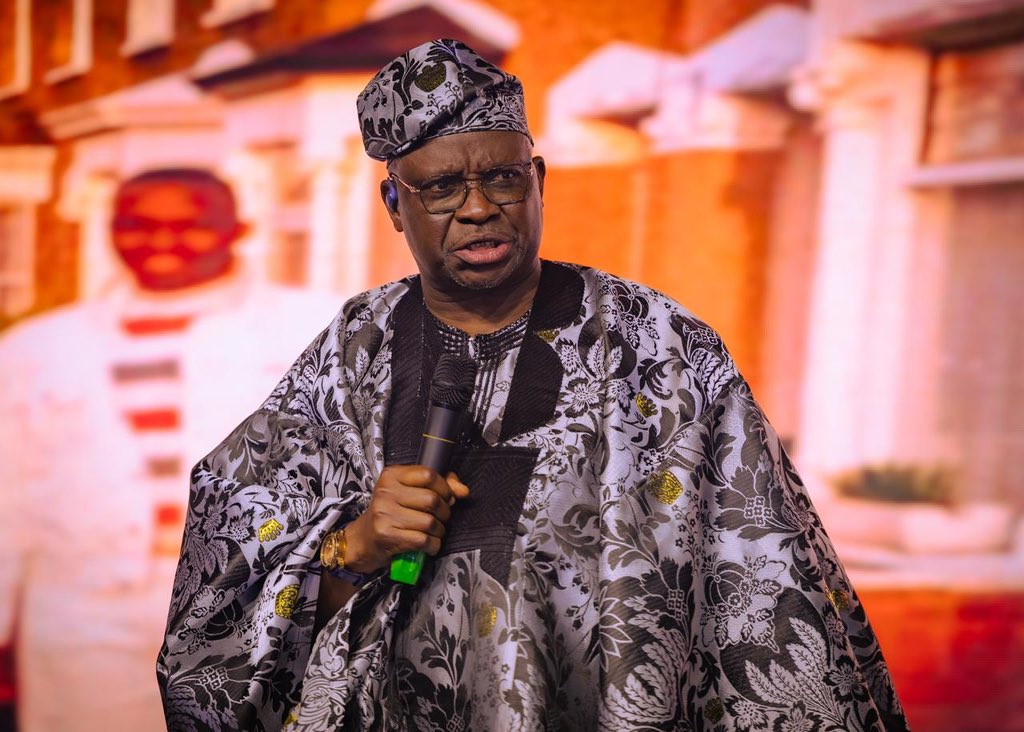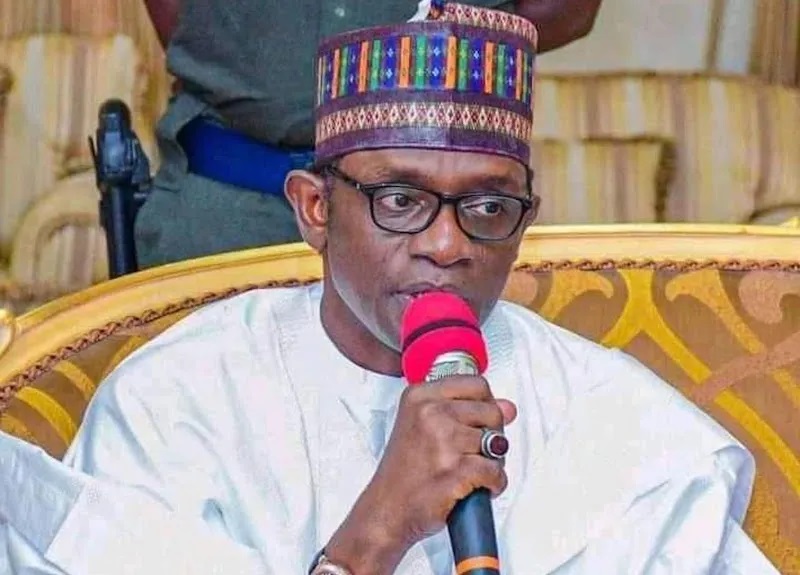Healthcare Crisis in Nigeria: Medical Workers Union Demands Action
In a bid to address the acute shortage of manpower in the healthcare sector, the Medical and Health Workers Union of Nigeria (MHWUN) in Kogi State has called on Governor Usman Ododo to recruit health workers into various hospitals and primary healthcare centers across the state. The union’s chairman, Gabriel Amari, made the plea at the Eight Quadrennial State Delegates Conference, highlighting the significant disparity in salaries among state health workers.
"We urge the government to harmonize our salaries, which are currently plagued by significant disparities," Amari emphasized. "We also request the establishment of an implementation committee for the national minimum wage of N70,000, as well as training and workshops to update our knowledge with current global practices."
The union chairman lamented the challenges medical workers face in the country, citing the high cost of living, insecurity, and acute shortage of manpower in hospitals and primary healthcare centers. "Our country is facing numerous challenges, including kidnapping, banditry, hunger, and high fuel costs, which have led to a general high cost of living," Amari said.
In solidarity with his colleagues, Ahmed Tijani, the Trade Union Congress (TUC) chairman in Kogi State, pledged that the association will continue to engage in dialogue to press home the demands of workers in the state.
The MHWUN’s demands come at a critical time, as Nigeria grapples with a deteriorating economy and a growing healthcare crisis. The union’s call for action underscores the urgent need for government intervention to address the plight of healthcare workers and improve the overall healthcare system.
As the country navigates these challenges, it is crucial that the government and healthcare stakeholders work together to find solutions that benefit all parties involved. The medical workers’ union is playing a vital role in highlighting the issues and advocating for change, and it is essential that their voices are heard and their demands addressed.



